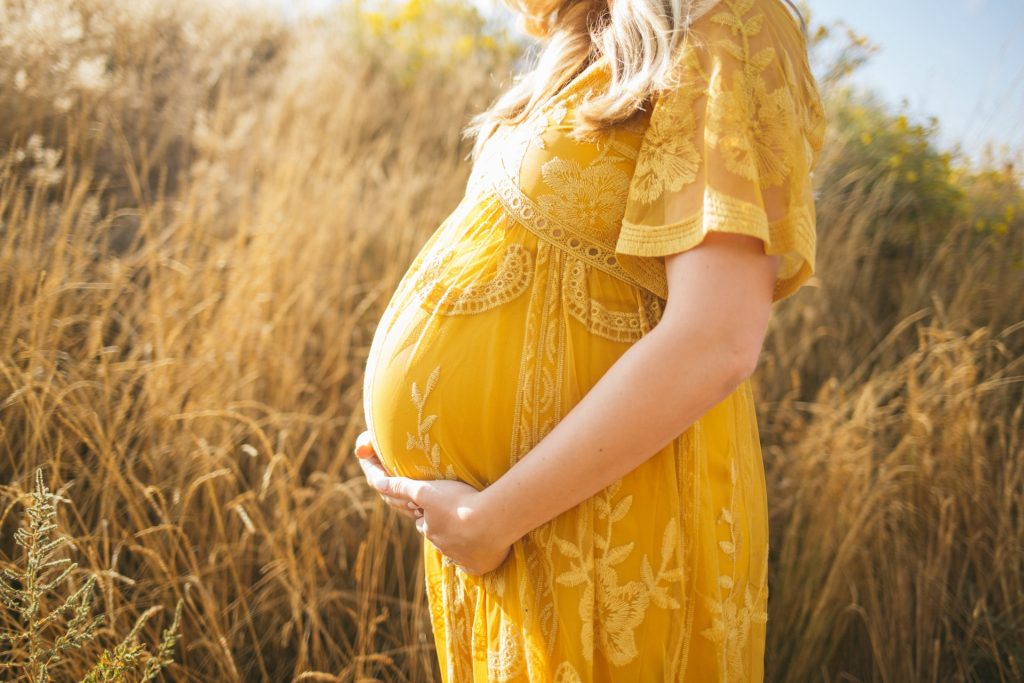
A new study published in the journal BMC Pregnancy and Childbirth has found considerable variability in the ways pregnancy affects women’s perceptions of their own body, including experiences of negative body image.
Negative body image during pregnancy is known to have serious adverse effects on both the mother and baby. Overall, average levels of body image dissatisfaction were found to be similar for pregnant women compared to the general female population, but on an individual basis, the research discovered large differences, both positive and negative.
The study is thought to be the first meta-analysis comparing pregnant and non-pregnant women, and was led by academics from Anglia Ruskin University (ARU) and the University of York.
The researchers initially screened 2017 separate academic studies, before focusing on 17 studies that provided comparable data. In total, the research included 5200 responses from women who were pregnant and 4172 responses from women who were not pregnant.
By synthesising results from multiple studies, the new research found women’s body image dissatisfaction overall was not statistically different during pregnancy compared with when not pregnant. However, when looking at the separate studies that formed part of the meta-analysis, there are significant variations on an individual level.
Body image dissatisfaction in pregnancy is made up of a combination of complex factors related to the positive and negative experiences of each woman, the researchers believe. For some, body image satisfaction will worsen during pregnancy because of ‘feeling fat’, while others describe feeling that their body is out of their control because they are aware their body will change but cannot stop it. Unrealistic portrayals of pregnant women in the media, often edited to remove uneven skin tone and stretch marks, are also believed to contribute to body image dissatisfaction.
Other pregnant women report having improved body positivity compared to when not pregnant, as they no longer compare their body to the ‘thin ideal’. Some say the improvement is because they place less attention on how their body looks and more on its functionality, focusing on the foetus’s health and their maternal role.
Understanding the causes of body image dissatisfaction in pregnant women is important since it can have physical and mental consequences for mother and baby. Many women who display body image dissatisfaction during pregnancy also exhibit depression and anxiety, both postnatally and longer term. This can lead to negative emotional, cognitive, and behavioural outcomes for the child, as well as poor quality mother-infant interactions.
In addition, body image dissatisfaction has been linked with physical illness as the expectant mother may engage in practices such as unhealthy eating, dieting, purging, and fasting. This can have unwanted negative effects on the foetus, such as low birth weight and premature birth.
Lead author Anna Crossland, University of York, said: “Due to the impact that body dissatisfaction can have on the expectant mother and foetus, it is vital to understand how body image dissatisfaction may change on an individual basis when women are pregnant. What our study has found is there is no universal experience during pregnancy, and so we shouldn’t assume how people feel. Pressures about how we look are still felt by some people during pregnancy and it is much more helpful to ask how someone is, rather than commenting on their appearance.”
Co-author Dr Elizabeth Kirk, Senior Lecturer in Psychology at Anglia Ruskin University, said: “Our earlier work found that women who didn’t feel good about their changing bodies in pregnancy reported lower feelings of bonding with their unborn baby. Therefore, it is crucial that we better understand and support women’s body image during pregnancy, to help women on an individual basis.”
Source: Anglia Ruskin University


